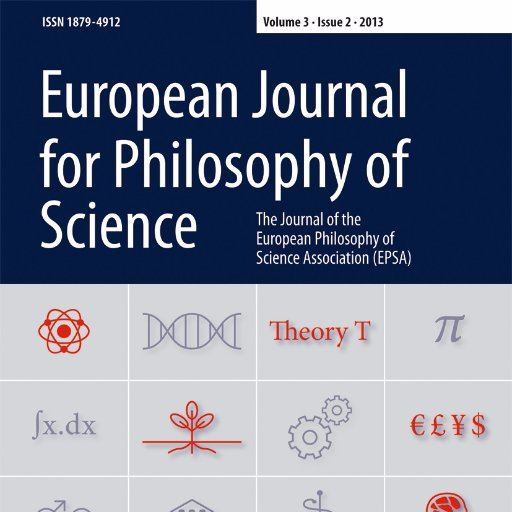Topical Collections < Creativity in Art, Science, and Mind Creativity in Art, Science, and MindGUEST EDITORS: Adrian Currie (University of Exeter) and Anton Killin (Australian National University) TITLE: Creativity in Art, Science, and Mind SYNOPSIS: Creativity matters for the sciences, psychology, and the arts. First, notions of creativity play crucial roles in artistic practice, aesthetic appreciation, and scientific success. Second, success in science and the arts is often attributed to creative genius, an idea which deserves examination and critique. Third, understanding and reflecting on the nature of creativity has been a focus for researchers of both activities. These factors have led to several fruitful—and until now, largely separate—discussions of the nature and importance of creativity. This topical collection aims to bring together philosophers with an interest in creativity, drawing on the philosophy of science and technology, mind, and art, and it aims to situate such research in a broadly scientific context. Perspectives from philosophy of science and technology, philosophy of mind, philosophy of art, feminist philosophy and non-Western philosophy are particularly encouraged. Although papers do not need to discuss a practical application in science, authors are encouraged to emphasise connections with the practice of science and to contextualize their analysis and argument with respect to scientific practice. Topics of interest include, but are not limited to:
The guest editors have invited scholars from diverse fields to submit a paper, including: Claire Anscomb (Kent; philosophy of art), Rachael Brown (Australian National University; philosophy of science), Julianne Chung (Louisville; epistemology/philosophy of language), Stephen Davies (Auckland; philosophy of art/science), Berys Gaut (St. Andrews; philosophy of art), Alan Hájek (Australian National University; epistemology/philosophy of language), Marta Halina (Cambridge; philosophy of mind/science), Ian Kidd (Nottingham; epistemology/non-Western philosophy), Matthew Kieran (Leeds; philosophy of art), Caterina Moruzzi (Nottingham; philosophy of art), Alice Murphy (Leeds; philosophy of science), C. Thi Nguyen (Utah Valley; philosophy of art/games), Elliot Paul (Queen’s; epistemology/philosophy of mind), Julia Sanchez-Dorado (University College London; philosophy of science), and Henry Shevlin (Cambridge; philosophy of mind/science). The guest editors welcome submissions of original contributions not published or under consideration elsewhere. Note, as above, that papers which focus on a non-science topic must contextualise the relevance of the argument/analysis for science in order to be considered. To submit, upload your manuscript (anonymised for peer review) via the journal’s EMS, which will be open for submissions to this collection between 1 August and 30 November 2019. Please select the Topical Collection Creativity. |


